Collaborative initiative to upcycle plastic from discarded aquaculture pens
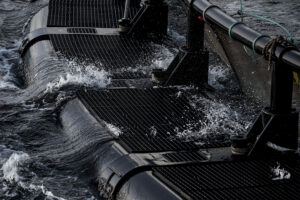
In partnership with Plasto and Oceanize, the AKVA group is set to build the world’s first aquaculture pen composed of recycled materials. While the Norway-based company has used recycled plastic on the pen walkways in the past, this initiative will make it possible to construct an entire pen based on recycled plastic from discarded pens.
“Pens today are not a big litter problem, but there is a great potential for using the plastic in new pens,” said Trude Olafsen, project manager at AKVA. “In this project, we will achieve short, national value chains as the project participants are all established in Norway.”
Due to requirements for material quality that are regulated by a technical standard (NS 9415, 2009), mainly virgin plastic is used in load-bearing structures in the pens. According to the AKVA group, the project will challenge this standard not by changing the requirements, but by proving that recycled plastic from a discarded aquaculture facility has the qualities to meet the requirements.
Helgeland Plast, a subsidiary of AKVA group, produces the pens in Mo i Rana, Norway. Oceanize collects pens along the entire coast and has its granulation factory in Rørvik, and Plasto produces parts for the pens in Åndalsnes. Additionally, the AKVA group plans to “spread knowledge to other fish farming nations where they sell plastic pens.” Overall, the partnership shows promise for putting an “efficient and national value chain” in place.
“The project is a major circular economic milestone,” said Trude Vareide-Giskås, project manager at Oceanize. “Now we get the opportunity to show the qualities of our plastic granulate. At the same time, complete solutions like these are central in a sustainability perspective.”
Up to 12,000 metric tons of plastic waste is generated annually from the aquaculture industry and the plastic resources are reused or collected and recycled, the company stated. The project received funding from the Norwegian Retailer’s Environment Fund, Handelens Miljøfond, which supports initiatives to increase the use of recycled plastic resources. The organization chose to support the project for the establishment of circular value chains within pen production in Norway.
Follow the Advocate on Twitter @GSA_Advocate
Now that you've reached the end of the article ...
… please consider supporting GSA’s mission to advance responsible seafood practices through education, advocacy and third-party assurances. The Advocate aims to document the evolution of responsible seafood practices and share the expansive knowledge of our vast network of contributors.
By becoming a Global Seafood Alliance member, you’re ensuring that all of the pre-competitive work we do through member benefits, resources and events can continue. Individual membership costs just $50 a year.
Not a GSA member? Join us.
Author
-
Responsible Seafood Advocate
[103,114,111,46,100,111,111,102,97,101,115,108,97,98,111,108,103,64,114,111,116,105,100,101]
Tagged With
Related Posts
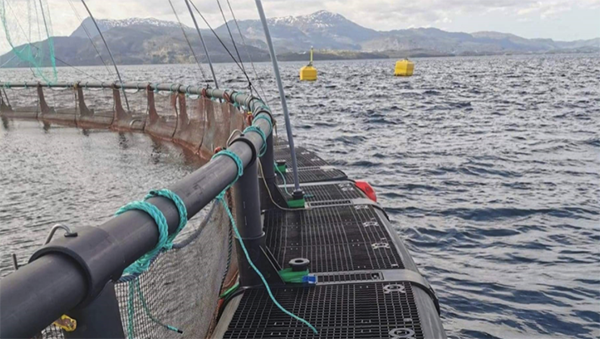
Innovation & Investment
AKVA develops ocean net pens without polystyrene
Aquaculture equipment manufacturer AKVA Group says its new ocean net pens are free of polystyrene, a plastic foam common in consumer packaging.
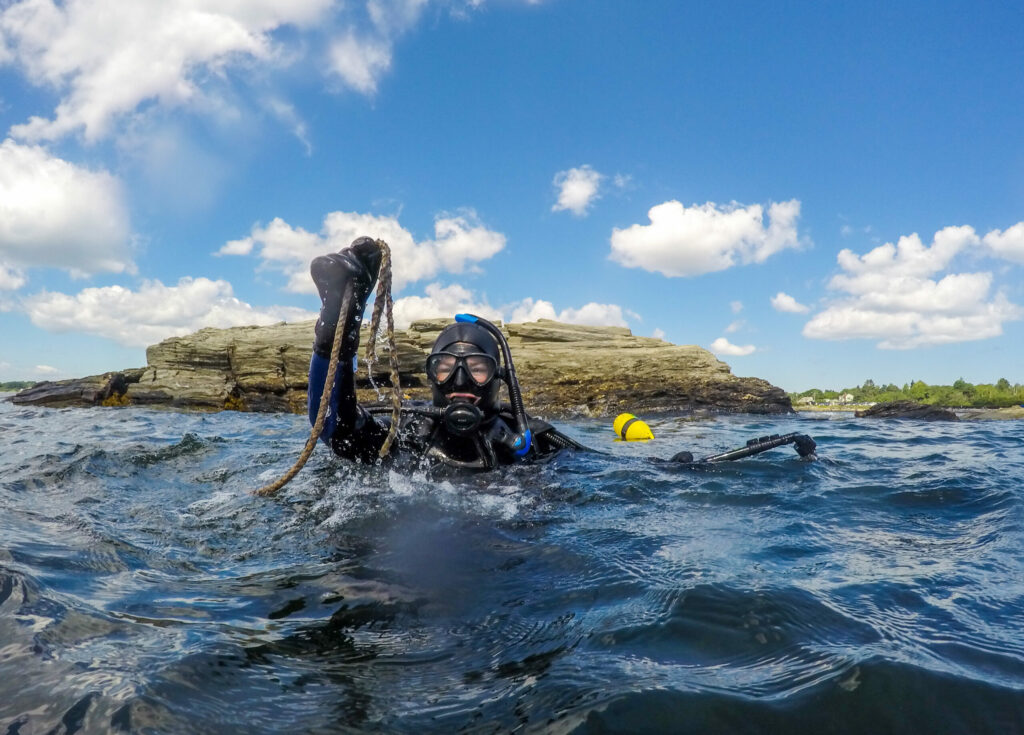
Fisheries
The hidden cost of ghost gear lost by fishing and aquaculture
Abandoned, lost or discarded fishing gear can inflict damage on marine life and the ocean, but what's the economic cost of ghost gear?
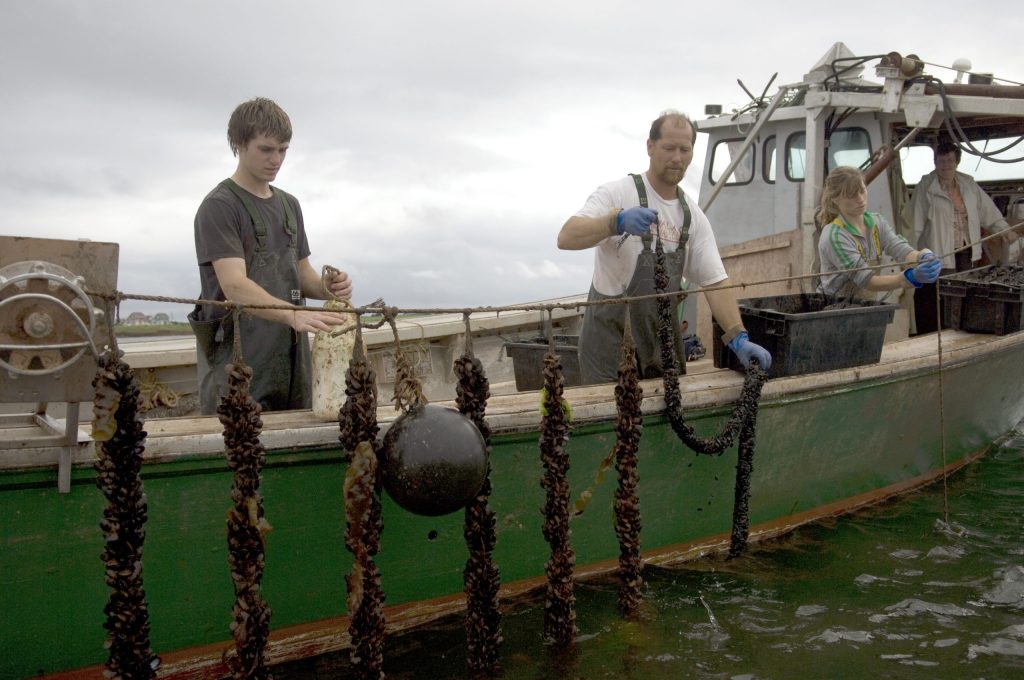
Responsibility
PEI Aquaculture Alliance swaps 87,000 Styrofoam buoys with more sustainable option
Concerned with pollution, the PEI Aquaculture Alliance swaps 87,000 Styrofoam buoys with a more sustainable option to curb shoreline waste.
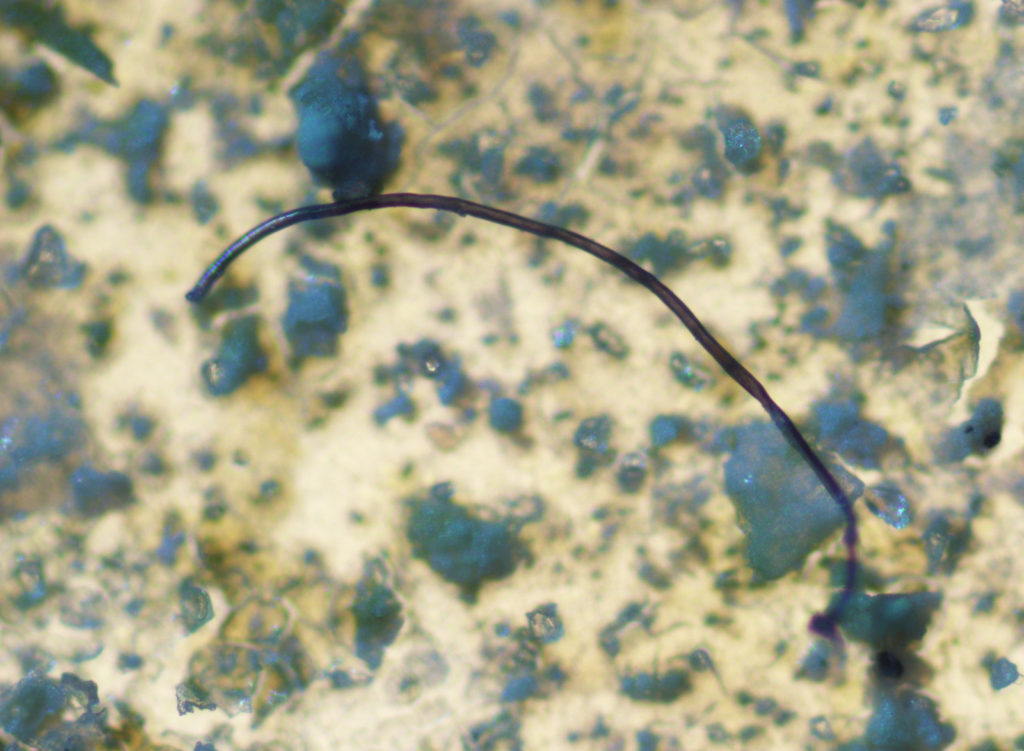
Responsibility
They’re ‘everywhere’: The pervasiveness of microplastics
How has the plastic in aquaculture operations contributed to microplastic pollution? And is plastic pollution contaminating aquaculture products? The Advocate takes a closer look.



